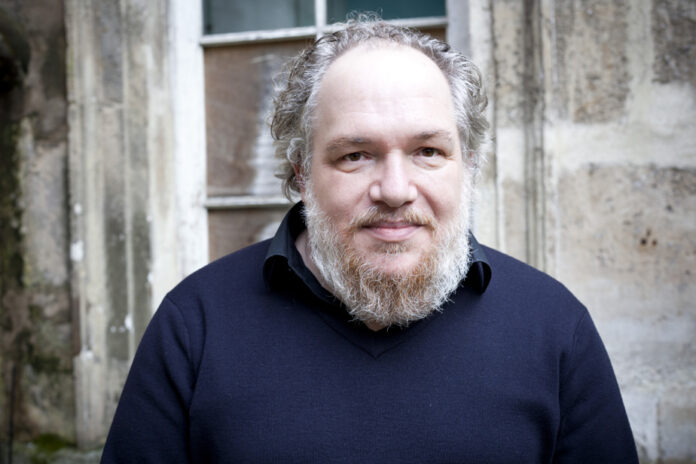The whole challenge was that it be both extremely precise and concrete, but at the same time that it could adapt to different possible scenarios. There is not just one solution to the deserter riddle, there are many; for example, regarding time and place, who he may be, what war he is fleeing from, and whether he appears in the other part of the novel or not. I couldn’t give his name – if he has one; it can have several, precisely, according to the different possible scenarios.
The question surrounding this love story is that of betrayal. Is there a price for Paul’s absolute loyalty [to the Communist Party]? Isn’t this price precisely that others betrayed for him? He can afford to remain more or less pure, to see socialism only as a utopia, and not as a horrible dictatorship or a horrible totalitarianism, because others have taken care of it for him. And the question of the novel is this: for something to exist and for us to continue in our illusion, what do some people have to sacrifice?
Every story comes a bit with its way of being written; and, for me, the two things had to be extremely distinct, almost poles apart. What Irina tells is both extremely determined in space, time, place names. In contrast, the account of the deserter is exactly the opposite; we lose all our bearings, we no longer know who is speaking, where we are, when we are.
They are an extremely important trigger; these attacks were an absolutely enormous wave. There really is a before and an after. […] It is also a turning point in History since we see that it immediately begins again at this moment, completely transforming the planet and almost immediately triggering new conflicts and wars.
The speeches of the war in Ukraine use the same words, the same concepts as those of the Second World War, but completely diverted, each in its own way. The Russians say they are fighting the Nazis, and we see the violence of war returning once again to European soil. […] If history were a form of repetition, we would know how to foresee [conflicts] and stop them. Now, this is not quite a repetition; it is a consequence that feeds on previous causes and so on, but not in a circular way. I think this image of a spinning wheel is misleading, since it gives us the illusion that we could stop it if we could decode it, which is not the case at all.















